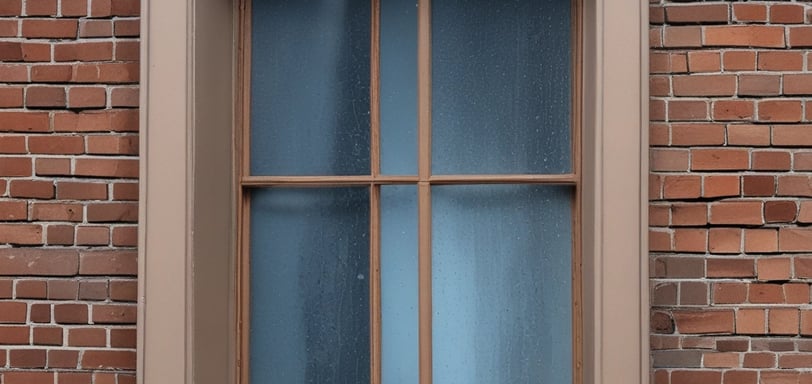Understanding Hard Water Stains on Windows and Their Permanent Effects
INFORMATION ON WINDOWSINFORMATION ON HARD WATER STAINSWINDOW CLEANING
2/28/20252 min read


What Are Hard Water Stains?
Hard water stains are unsightly marks left on windows and other surfaces due to the deposits of minerals found in hard water. When water evaporates, it leaves behind mineral residues, primarily calcium and magnesium. These residues can accumulate over time, creating a haze or spots that obscures the clarity of your windows. Without prompt cleaning, these stains can become increasingly challenging to remove.
How Do Hard Water Stains Form on Windows?
The formation of hard water stains begins when rainwater, sprinkler water, or pressure washing with high mineral water comes into contact with your windows. If the water contains high levels of dissolved minerals, it can leave behind a film as it dries. This process is often accelerated by the sun’s heat, which causes the water to evaporate quickly, concentrating the minerals. Moreover, frequent exposure to hard water, particularly in regions with hard water supply, increases the likelihood of these stains appearing.
Why Hard Water Stains Become Permanent?
Over time, if hard water stains are not addressed, they can penetrate the surface of the glass, leading to permanent marks. The longer the stains remain, the more difficult they become to remove. It is essential to understand that when mineral deposits build up, they can bond with the glass surface, resulting in etching that may require professional cleaning methods to restore the original clarity of the windows.
In addition, external factors such as environmental pollutants, dust, and debris can further exacerbate the staining process. The combination of these elements can create a stubborn layer that is resistant to standard cleaning solutions.
Preventing Permanent Hard Water Stains
To prevent hard water stains from becoming permanent, immediate action is necessary. Regular cleaning of windows can help maintain their appearance and prevent the buildup of mineral deposits. Using a vinegar solution or specialized hard water stain removers can be effective in breaking down these deposits. In addition, applying a protective glass coating can make it more difficult for stains to form and simplify the cleaning process in the future.
In conclusion, understanding how hard water stains form and the risks of allowing them to linger is crucial for window maintenance. By taking proactive steps to clean and protect your windows, you can keep them looking clear and beautiful, steering clear of the challenges posed by permanent stains.
